Question And Answer
Publications
Articles, publications, books, tools and multimedia features from the U.S. Institute of Peace provide the latest news, analysis, research findings, practitioner guides and reports, all related to the conflict zones and issues that are at the center of the Institute’s work to prevent and reduce violent conflict.

War and the Church in Ukraine
Vladimir Putin’s war to reverse Ukraine’s independence includes religion. For centuries, the Russian Orthodox Church bolstered Moscow’s rule by wielding ecclesiastical authority over Ukrainian churches. Since early 2019, Ukraine has had a self-governing Orthodox Church of Ukraine. Russia’s invasion has sharpened tensions between it and the rival branch historically linked to Moscow. Any conciliation between them could shrink areas for conflict — and the Kremlin’s ability to stir chaos — in a postwar Ukraine. It would bolster Ukraine’s future stability and reinforce a decline in Russia’s historically massive influence across the Orthodox Christian world. But can Ukrainians make that happen?
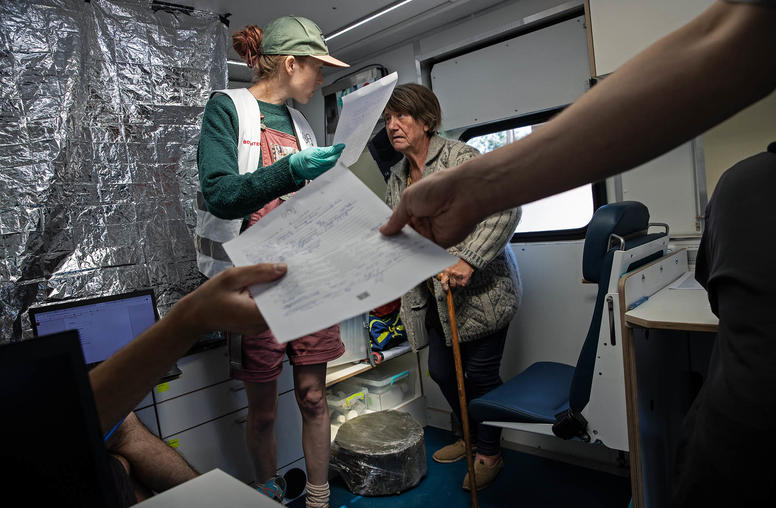
One Vital Change Can Advance Long-Term Peace in Ukraine
While NATO’s recent summit consolidated the transatlantic consensus that a peaceful Europe requires a democratic and inclusive Ukraine, Ukrainians’ heroic struggle for that democracy must overcome old corruptions, plus new traumas inflicted by Vladimir Putin’s war. A pillar of any democracy is civil society — the constellation of citizens’ groups that, more than government, can understand and heal domestic conflicts. So as international partners support Ukraine’s rebuilding from war, we must urgently engage its vibrant civil society — not as a mere adjunct to government efforts, but as a primary designer and engine of the political and cultural changes that peace will require.
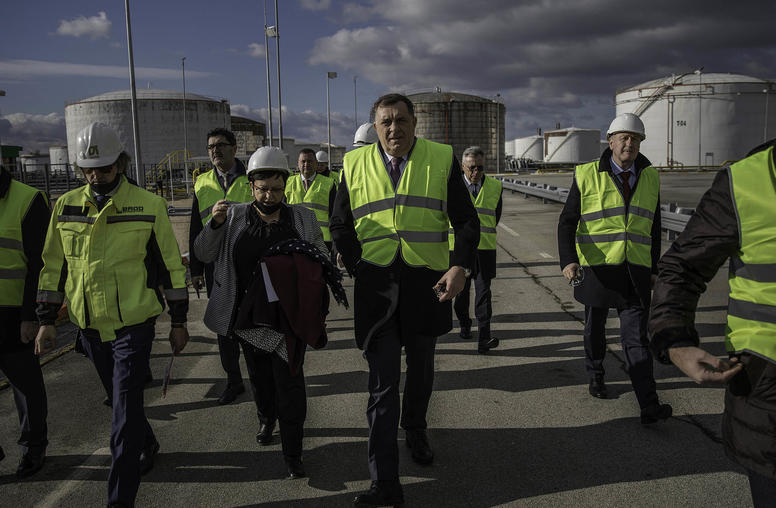
Dislodging Putin’s Foothold in the Balkans
The impact of Russia’s invasion of Ukraine on the Balkans can only be understood by considering Moscow’s malign influence in the region from a broader perspective. While Russia has specific objectives related to each individual country in the region, its overall objective is clearly to target the Western Balkans through a divide and rule approach, using multiple tools of influence. While the United States and its European partners focus on the war in Ukraine, Russia is taking the opportunity to nibble away at NATO’s borders and to sow discord in countries hoping to some day present a strong case for joining the European Union.
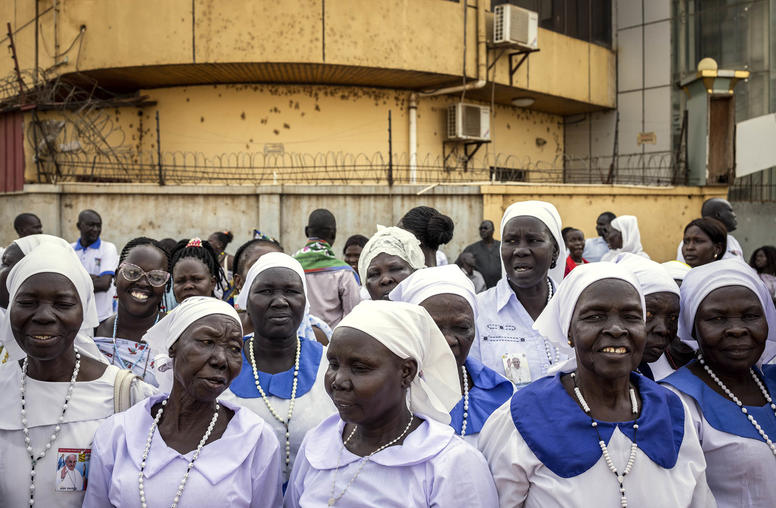
The U.S. Strategy for International Religious Engagement: 10 Years On
In 2013, the United States adopted its first ever “National Strategy on Integrating Religious Leader and Faith Community Engagement into U.S. Foreign Policy.” This White House strategy acknowledged the significant contributions of religious leaders and faith communities to human rights, global health and development, and conflict mitigation; and provided an interagency blueprint for integrating more robust engagement with religious actors across a broad range of foreign policy and national security issues. A decade later religious engagement remains a vital but underdeveloped capacity in U.S. foreign policy, and the strategy’s 10th anniversary offers a natural opportunity to revitalize strategic thinking and spur new action on this agenda.
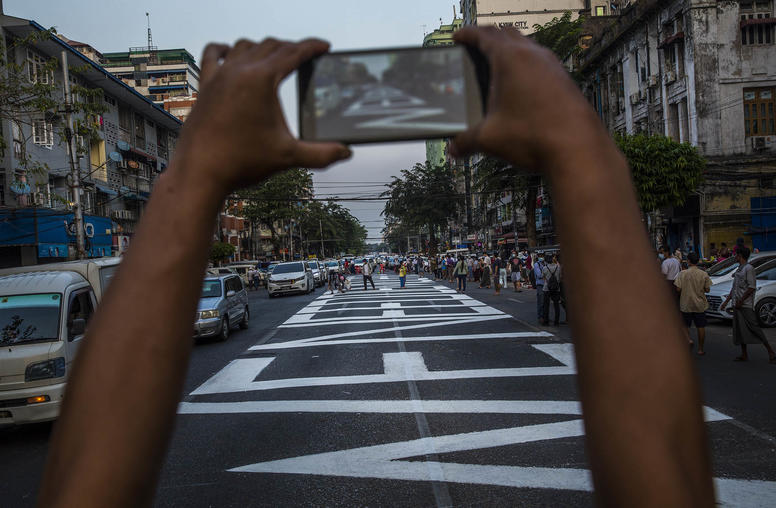
A New Approach for Digital Media, Peace and Conflict
Discussions about the negative effects of online communication on society — including its potential to contribute to violent conflict — tend to focus primarily on misinformation and disinformation. The former refers to factually incorrect information that manages to reach audiences at scale, whereas the latter refers to inaccurate information that is spread deliberately and malignantly by some actor or agent in order to produce specific perceptions and outcomes in physical or digital space.
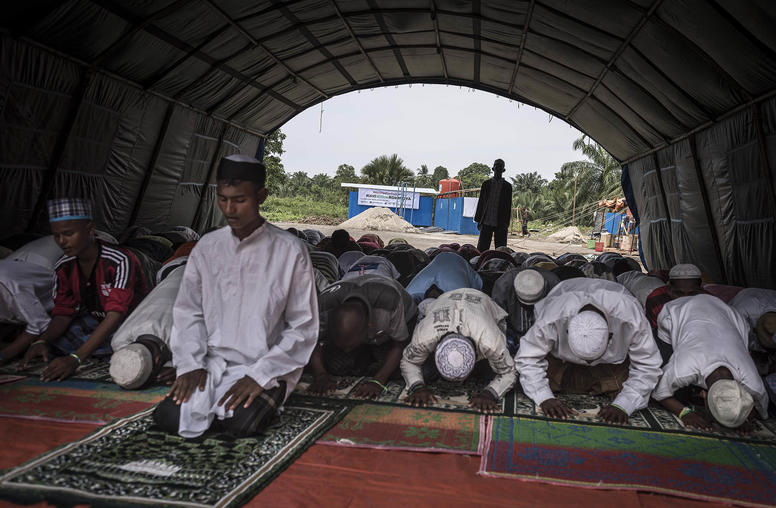
Common Ground on International Religious Freedom Enhances U.S. National Security
Religious freedom, like other human rights, is strongly correlated with political stability — and repression of religion or belief can serve as a major driver of conflict and violence. Around the world today, we see discrimination against or targeting of religious minorities associated with rising social tensions, intercommunal strife, violence and even mass atrocities. Muslims in India, Rohingya in Myanmar, Uyghurs in China, Yazidis in Iraq, and Christians in Pakistan: all are subject to forms of violence that have corollary effects on broader prospects for peace and stability in their respective contexts.
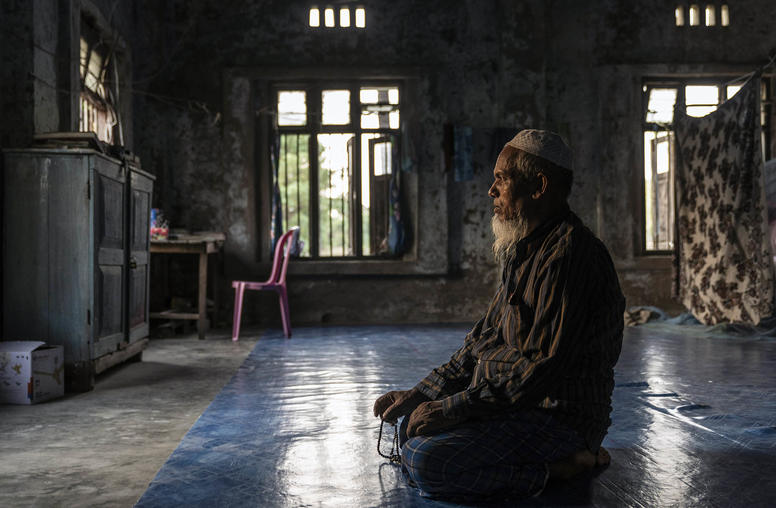
Maintaining International Religious Freedom as a Central Tenet of U.S. National Security
In 2021–22, USIP’s Religion and Inclusive Societies Program convened a bipartisan working group of advocates, academics, and former government officials to discuss how the United States can advance global peace and stability by embracing international religious freedom as a major pillar of its diplomatic engagement. This report, written by the working group’s co-chairs, examines the history of the US commitment to international religious freedom and the challenges to ensuring that it remains a central tenet of US foreign policy and national security.
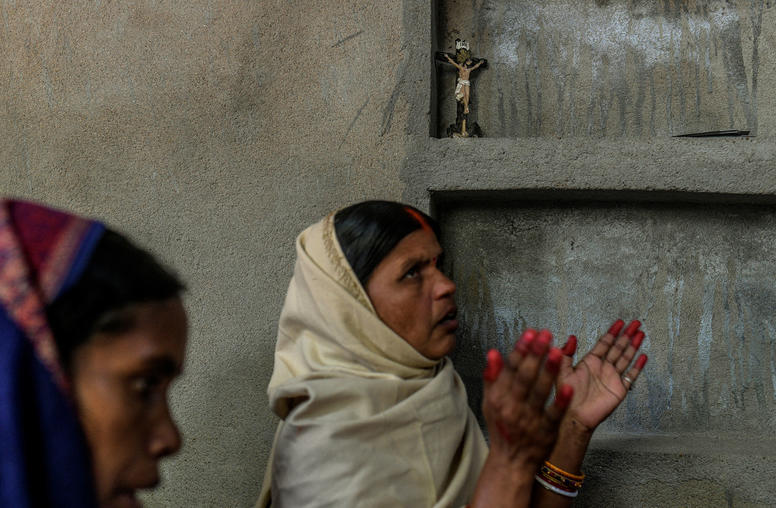
A Ripe Moment for Building Peace by Promoting International Religious Freedom
In late June and early July, two global convenings will highlight challenges to international religious freedom and the search for solutions: the IRF Summit for nongovernmental organizations and the International Ministerial Conference on Freedom of Religion or Belief. These timely gatherings will bring together government representatives, activists and faith leaders from different religious, regional and political backgrounds to discuss a common goal of ending persecution. Two keys for their success will be creating diverse coalitions to advance international religious freedom (IRF) in a nonpartisan manner and linking the issue to broader concerns about peace and stability.
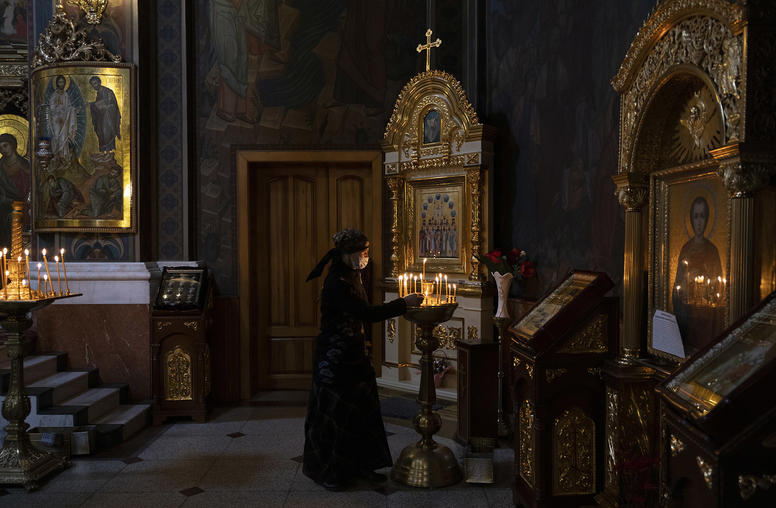
The Role of Religion in Russia’s War on Ukraine
On March 6, Russian Orthodox Patriarch Kirill stood to deliver the sermon that traditionally ushers in the beginning of the Orthodox Lent. However, the most notable theme of his sermon had little to do with the annual period of Christian fasting. Instead, the patriarch chose to address a subject at the forefront of everyone’s minds: the Russian invasion of Ukraine.
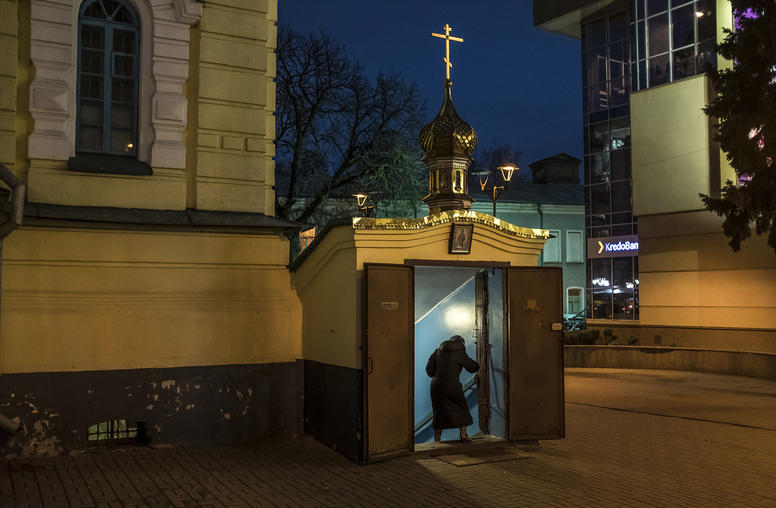
How Putin Turned Religion’s ‘Sharp Power’ Against Ukraine
Long before Russia positioned military forces along Ukraine’s border or menaced its neighbor with cyber-attacks and economic pressure, Moscow deployed another, under-appreciated weapon increasingly used by rising global powers: the transformation of religious soft power into what is known among some scholars of authoritarianism as “sharp power.”